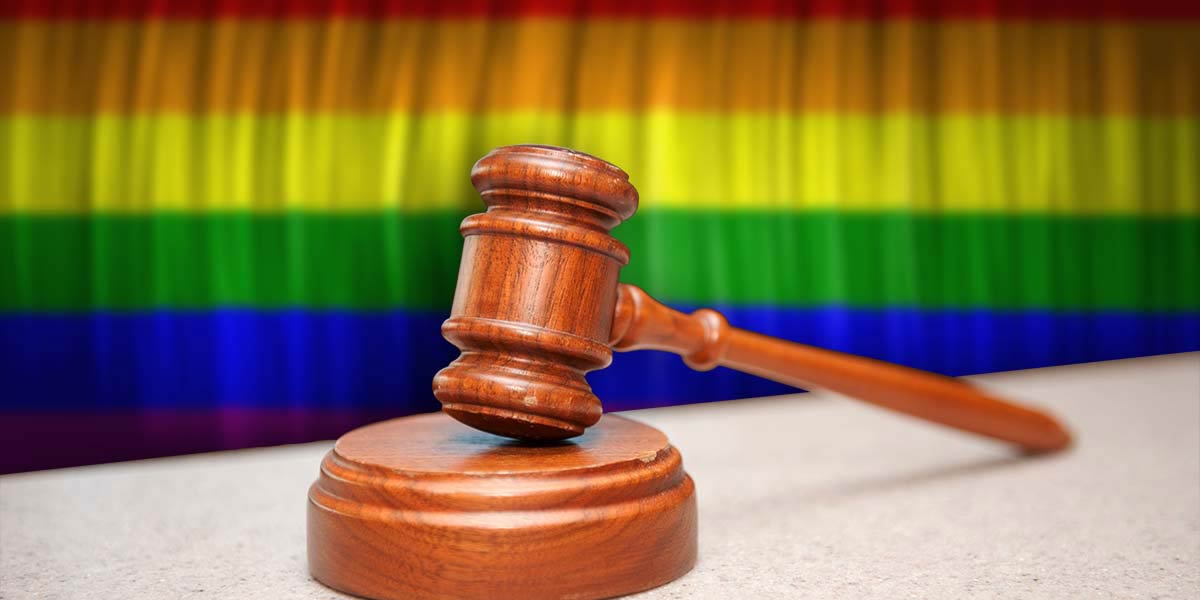Major LGBTQ victories in Europe and the Caribbean

Two recent court rulings have dramatically advanced the human rights of LGBTQ+ people in Central Europe and the Caribbean.
On 5 July, the High Court of Justice for the island nation of Antigua and Barbuda struck down the discriminatory legal provisions that criminalised same-sex relations.
The court found that these laws violated the right to liberty, protection of the law, freedom of expression, protection of personal privacy, and protection from discrimination.
Antigua and Barbuda’s Sexual Offences Act of 1995 criminalised “buggery,” defined as “sexual intercourse per anum by a male person with a male person or by a male person with a female person,” with up to 15 years in prison.
The act also penalised “serious indecency,” defined as “an act, other than sexual intercourse (whether natural or unnatural), by a person involving the use of genital organ for the purpose of arousing or gratifying sexual desire,” with up to five years’ imprisonment. “Serious indecency” explicitly excluded heterosexual sex.
“The High Court’s landmark ruling is a beacon for LGBT people in Antigua and Barbuda and other Caribbean nations, whose rights and freedoms have been stymied by these punitive laws,” said Cristian González Cabrera, LGBT rights researcher at Human Rights Watch.
The High Court also held that Antigua and Barbuda’s constitutional provision prohibiting sex discrimination also prohibits discrimination based on “gender identity, sexual character, and sexual orientation,” which may expand nondiscrimination protections for LGBT people in various areas of life.
Eight countries in the Caribbean still have versions of “buggery” and “serious indecency” law on their books – relics of the British colonial period. These are Barbados, Dominica, Grenada, Guyana, Jamaica, Saint Kitts and Nevis, Saint Lucia, and Saint Vincent and the Grenadines.
Slovenia has become the 18th European country to legally recognise same-sex marriages
Meanwhile, in Europe, Slovenia’s Constitutional Court ruled on 8 July that the country’s bans on same-sex marriage and adoption are discriminatory and unconstitutional.
In a 6-3 ruling, the court’s judges found that barring same-sex couples from marrying “cannot be justified with the traditional meaning of marriage as a union between a man and a woman, nor with special protection of family.”
They asserted that marriage equality “does not diminish the importance of traditional marriage as a union of a man and a woman, nor does it change conditions under which persons of the opposite sex marry. All it means is that same-sex partners can now marry just like heterosexual partners can.”
Although it’s understood that the decision came into immediate effect, the court gave the country’s legislators six months to formally amend any legal provisions that violate the ruling.
“We welcome [the] Slovenia Constitutional Court decision that a marriage is a life union of two persons, regardless of gender and that same-sex partners can jointly adopt,” said ILGA-Europe in response to the news. “We urge the Slovenian government to ratify the decision ASAP so that equality can prevail.”
The Slovenian government has said that it will abide by the ruling, making the nation the 18th European country to legally recognise and perform same-sex marriages.
Leave a Reply